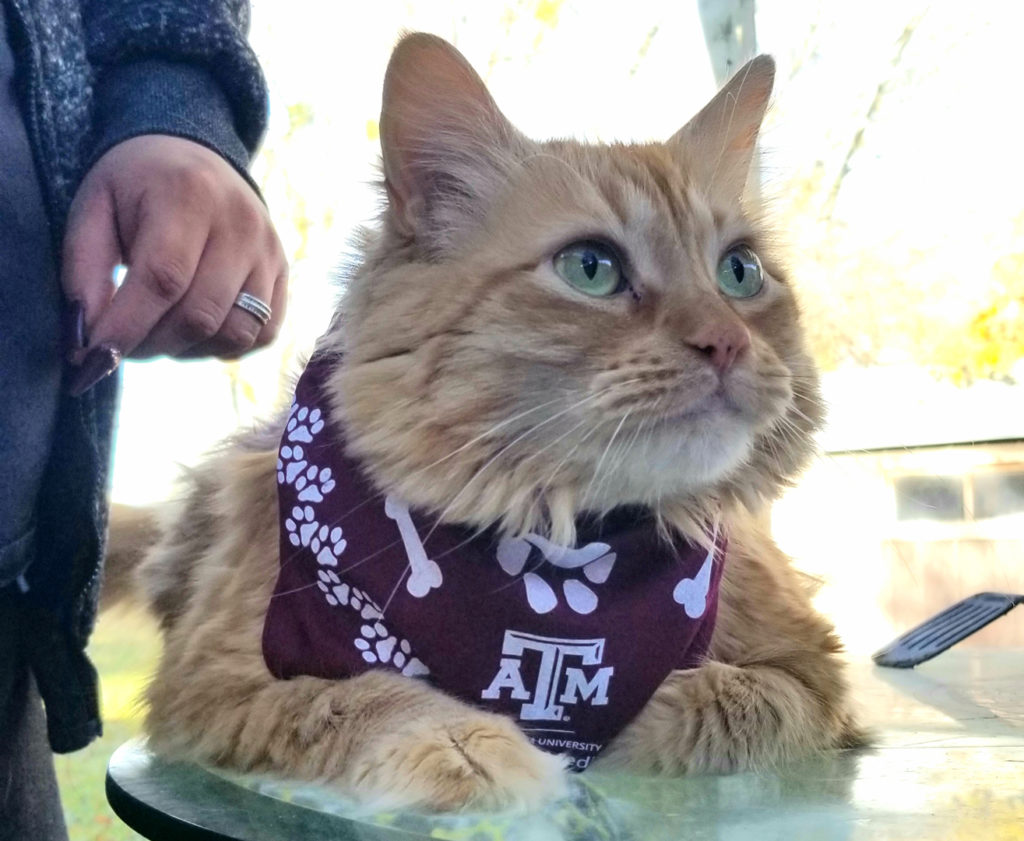Texas A&M, Austin’s Community Cats Program Study Feline Coronaviruses

Dr. Sarah Hamer, an associate professor at the Texas A&M College of Veterinary Medicine & Biomedical Sciences (CVMBS), has teamed up with the Austin Humane Society (AHS), Austin Animal Center (AAC), and Texas Department of State Health Services (DSHS) to conduct a study on coronaviruses in cats.
The study aims to determine if coronaviruses are circulating or mutating among animals in the Austin area that could potentially pose a risk to humans.
Community Cats—an AHS and AAC joint program that delivers trap-neuter-return services for free-roaming, unowned cats in Travis County—provides an ideal opportunity for gathering samples.
As part of the Hamer study, AHS will take throat swabs from already-sedated cats during the neuter process; Hamer’s lab at the CVMBS and a lab at Texas A&M AgriLife will then test the samples to determine if a coronavirus is present.
If so, they will run more specific tests to identify whether it’s Feline Coronavirus (a common viral infection in cats), SARS CoV-2, or a different coronavirus.
Positive samples for SARS CoV-2 will be sent to the National Veterinary Diagnostic Laboratory for confirmation and gene sequencing to identify if there are mutations. The Texas DSHS will also assist in reporting the findings to the Centers for Disease Control and Prevention (CDC).
“Surveillance of SARS-CoV-2 in animals in and around households and genetic investigations of the virus from infected pets are critically important for understanding the transmission and evolution of the virus as well as predicting what may happen next,” Hamer said.
The study is funded by a $65,000 grant from the CDC and the Council of State and Territorial Epidemiologists.
“We are very excited to be participating in this groundbreaking study,” said Dr. Katie Luke, AHS chief operations officer. “There is still a lot we don’t know about coronaviruses and how they mutate, so we hope this study will help to identify best practices moving forward and help understand potential sources of mutated viruses that affect human health.”
###
For more information about the Texas A&M School of Veterinary Medicine & Biomedical Sciences, please visit our website at vetmed.tamu.edu or join us on Facebook, Instagram, and Twitter.
Contact Information: Jennifer Gauntt, Director of VMBS Communications, Texas A&M School of Veterinary Medicine & Biomedical Sciences, jgauntt@cvm.tamu.edu, 979-862-4216


